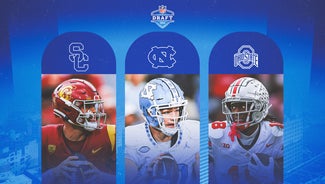





































































































































INT decides classic duel of Super Bowl QBs
The greatest quarterback duel in Super Bowl history ended with 3:24 left, on third and five, and Peyton Manning calling his slot receiver into motion.
Manning is an expert at disguising plays, but Saints cornerback Tracy Porter, who described his pre-game preparation as one of “excessive film study,” recognized it immediately. “I saw it over and over on film, it’s a big third down play for them,” he said. “…Once I saw Austin Collie go, I knew…Yeah, I had it in my mind to jump the route.”
He knew Reggie Wayne, the elder statesman of Manning’s decorated receiving corps, would run a slant inside. “A stick route,” he called it. He knew his safety, Darren Sharper, would have him covered from behind. Manning, not far from what seemed like a sure game-tying touchdown, would release the ball quickly.
Porter saw Wayne plant his feet and cut. In every respect, the defender would recall, the play unfolded “just like on film.”
But for one difference. A few strides after he made the interception – arguably the biggest in game’s 44-year history – Porter suddenly saw his destination. “There goes the end zone,” he said.
Two weeks ago, Porter’s fourth-quarter interception of Brett Favre probably kept the Vikings out of the Super Bowl. On Sunday, he ran 74 unmolested yards for a touchdown that made the score 31-17, giving a franchise formerly known as “the Aints” an unlikely Super Bowl victory. The interception sealed the game. But it also resolved what had been an epic contest between Manning, who may yet go down as the best ever, and Drew Brees, who was the best on Sunday night.
Manning threw for 333 yards and a touchdown. That pick-6 might’ve been his first and only real mistake. But it was one more than Brees would make. That was the game. I might not have picked it correctly, though I did tell you the Saints would score 31. Then again, I also said it was Manning’s game to win or to lose. Again, only partially right. Yes, Manning made the crucial mistake, but Brees – or “Breesus” as he’s known in New Orleans – was brilliant.
In completing 32 passes, he tied a Super Bowl record previously held by Tom Brady alone. Still, that doesn’t do justice to the game he played. Down 10-0 after the first quarter, Brees had to orchestrate an attack with no margin for error. In all, he threw 39 passes for 288 yards and a couple touchdowns.
More than that, he got the Saints back in the game by keeping Manning off the field. In the second and third quarters, he was 22 for 25 (one of those “attempts” being a spike to stop the clock), for 244 yards.
Meanwhile, the Colts ran just six plays from scrimmage in the second quarter, a period that saw Manning complete just one short pass to his running back. It would be 70 minutes later – after a lackluster performance by geriatric British rockers – before his next completion. By then, Manning – who had seven fourth-quarter comebacks this season - was playing catch-up again.
The Saints teach their defenders to think offense. “My mindset was to score,” Porter said of his interception. “That’s been our mentality all season.” But in facing Manning, there was another component to the Saints’ plan. The best defense can be a good offense.
“It’s crucial,” said Brees, when asked about keeping Manning off the field. “The more opportunities you give the guy, the more ways he’s going to find to take advantage.”
Four years ago, Brees was a six-foot quarterback with a throwing shoulder that had been severely injured in his last game of the season for the San Diego Chargers. There were doctors who told him he was finished. The only team that made him an offer was New Orleans, not exactly a coveted destination after Hurricane Katrina.
“Eighty-five percent of the city was under water,” said Brees. “People were evacuating to places all over the country. Most people left not knowing if New Orleans would ever come back.”
He wasn’t speaking of the football club. He was referring to the city. But where others saw a disaster, Brees and his wife saw an opportunity. “A calling,” as he puts it.
“We played for more than just ourselves,” he said, not long after receiving the MVP trophy. “”We played for our city…for the entire Who Dat nation.”
And still more. He was speaking of his son, Baylen, now a year old.
“Gives you even more to play for,” said Brees.
The quarterback was in a kind of rapture – joyous, but with moist eyes. And then you remember: a season that began in August with his mother’s suicide had ended with Drew Brees holding his son amid a spray of confetti.
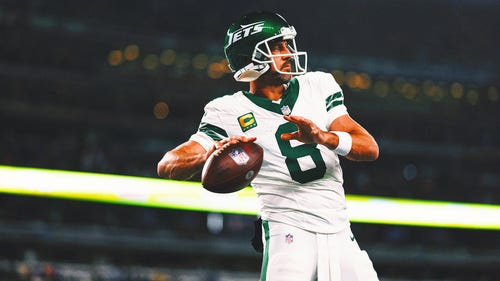
Jets introduce new uniforms with rebranded look, paying homage to 'Sack Exchange' era
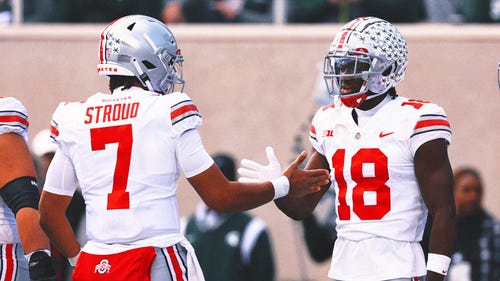
Texans' C.J. Stroud to NFL teams on Marvin Harrison Jr.: 'Don't be dumb'
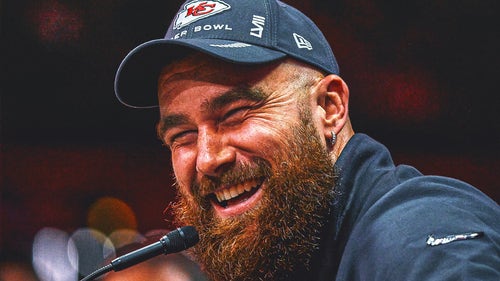
Travis Kelce will host game show 'Are You Smarter than a Celebrity?' for Prime Video
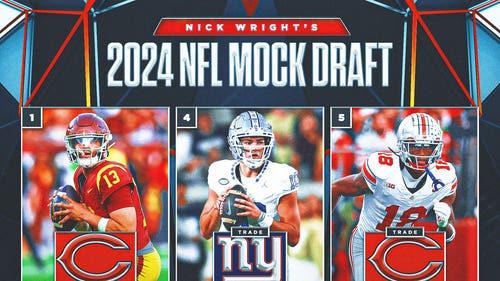
NFL mock draft: Nick Wright has Bears pair Caleb Williams, Marvin Harrison Jr.
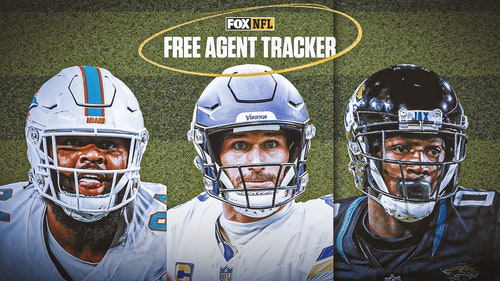
2024 NFL free agency tracker: Signings, updates, best players available
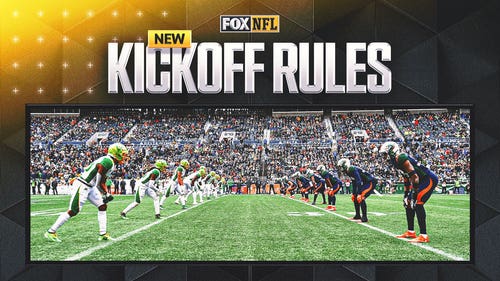
How to succeed with NFL's new kickoff format? XFL coaches share their secrets
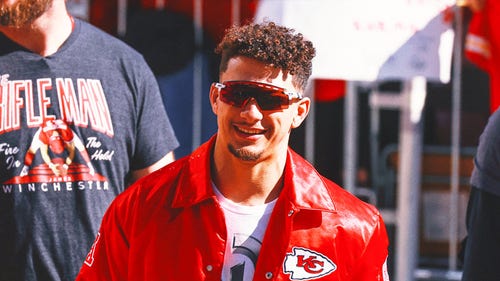
Chiefs QB Patrick Mahomes says he's 'nowhere near' GOAT status yet

2024 NFL Schedule Release: Date, when does the season start?
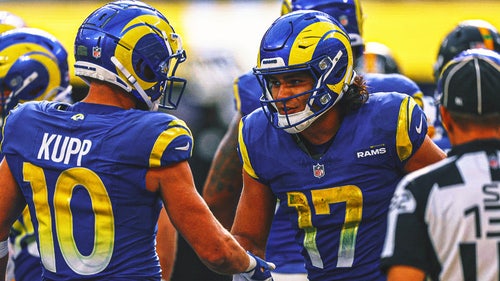
Rams WR Puka Nacua leaning on Cooper Kupp to help him gear up for Year 2


Jets introduce new uniforms with rebranded look, paying homage to 'Sack Exchange' era

Texans' C.J. Stroud to NFL teams on Marvin Harrison Jr.: 'Don't be dumb'

Travis Kelce will host game show 'Are You Smarter than a Celebrity?' for Prime Video

NFL mock draft: Nick Wright has Bears pair Caleb Williams, Marvin Harrison Jr.

2024 NFL free agency tracker: Signings, updates, best players available

How to succeed with NFL's new kickoff format? XFL coaches share their secrets

Chiefs QB Patrick Mahomes says he's 'nowhere near' GOAT status yet

2024 NFL Schedule Release: Date, when does the season start?

Rams WR Puka Nacua leaning on Cooper Kupp to help him gear up for Year 2
